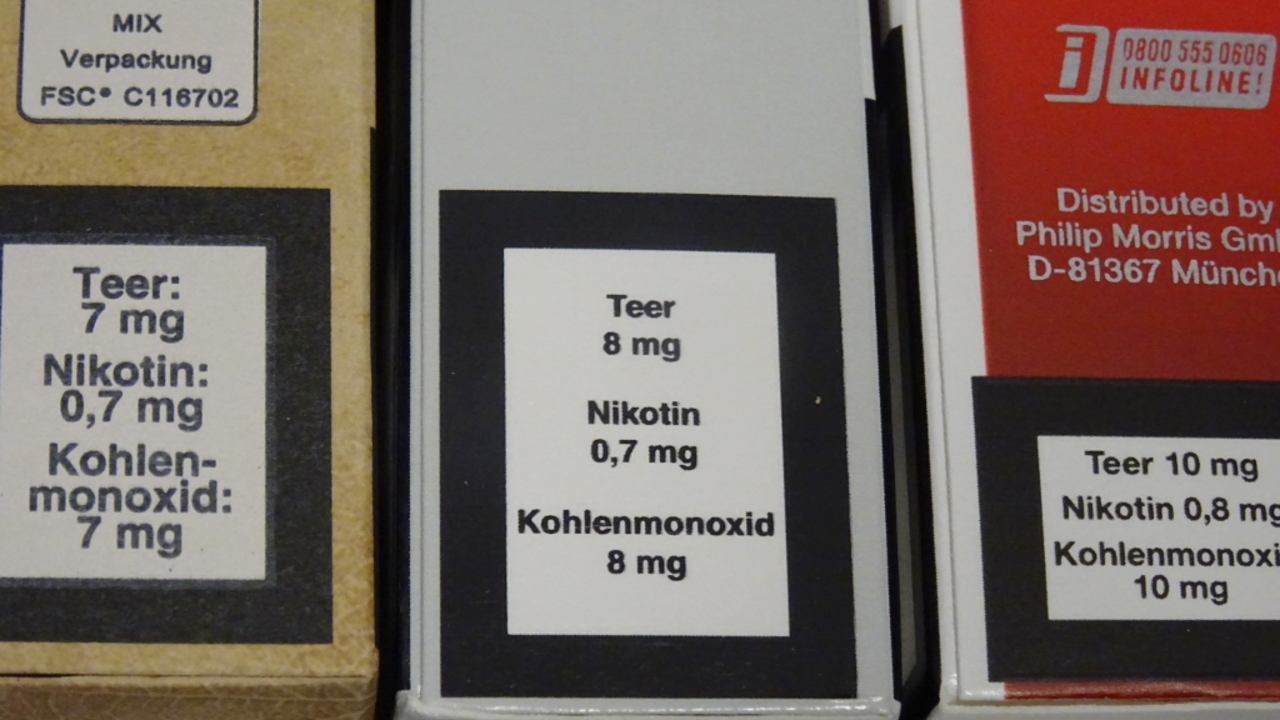The Effects of Nicotine – Moments of Joy for Smokers

Every aficionado knows the small bursts of happiness that come with enjoying a strong Rocky Patel Platinum or a Partagas Serie D No. 4 – one of the most popular Robustos worldwide. But what exactly triggers these moments of joy? What gives you “the kick” when smoking? It’s the nicotine, the primary active ingredient in every tobacco plant.
Nicotine – A Defense Mechanism of the Tobacco Plant

In essence, nicotine is a defense mechanism that protects the plant from pests. The plant adjusts its nicotine production as needed: when a pest starts causing damage to the valuable tobacco leaves, nicotine production increases automatically to repel it – and it works excellently because nicotine is highly toxic to pests. Its effects on humans, however, are quite different. The colorless, rather sharp liquid is absorbed through the lungs (mainly when smoking cigarettes) or the mucous membranes (when enjoying cigars) and reaches the brain through the bloodstream in no time. There, nicotine binds to receptors responsible for hormone release, triggering the release of large amounts of dopamine and norepinephrine. The result: the very feelings of happiness that make the taste of a cigar even more pleasurable. Technically, nicotine acts like a drug. However, unlike dangerous substances such as alcohol, cocaine, and similar, nicotine does not alter consciousness and is therefore entirely legal for good reason.
In high doses, nicotine can still be dangerous to the body, but such levels cannot be reached through smoking – not even if you smoke several cigars at once (which, of course, is still not recommended).
“How Strong Are They?” – Cigars and Their Nicotine Content
You’re probably familiar with the small label found on every cigarette pack, listing the average content of tar, carbon monoxide, and nicotine. The nicotine content in cigarettes typically averages around eight milligrams. Due to the immense variety of tobaccos and formats, such standardization is neither feasible nor required for cigars. However, their nicotine content is generally much higher, starting at around 100 milligrams and reaching up to 400 milligrams. While cigars do have a form of “natural filter” – the last portion you don’t smoke serves a dual purpose by filtering and cooling the smoke – this has little impact on the actual nicotine content.
This high nicotine content is another excellent reason to avoid inhaling cigars. When you puff a cigar, the nicotine is absorbed through the mucous membranes in the mouth. This process is much slower than with a cigarette, making it more tolerable. Additionally, many unwanted substances don’t enter the lungs but are exhaled with the smoke. Nonetheless, it’s crucial not to overdo it. Cigars are not meant to maximize nicotine intake. A fine cigar is meant to be savored with time and care. Ultimately, it’s not the nicotine that defines a cigar, but its taste, with its many incomparable aromas.






